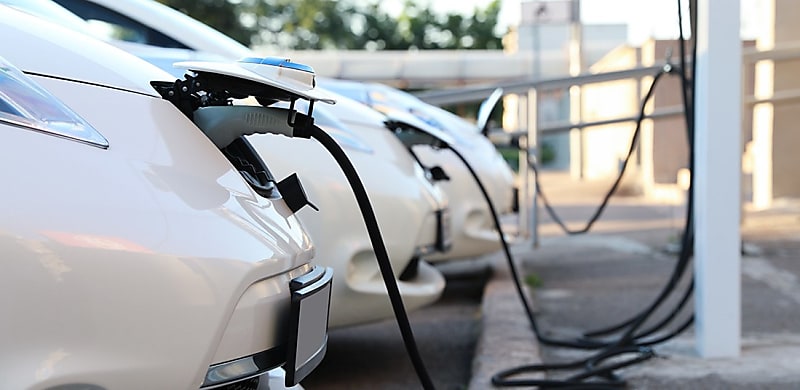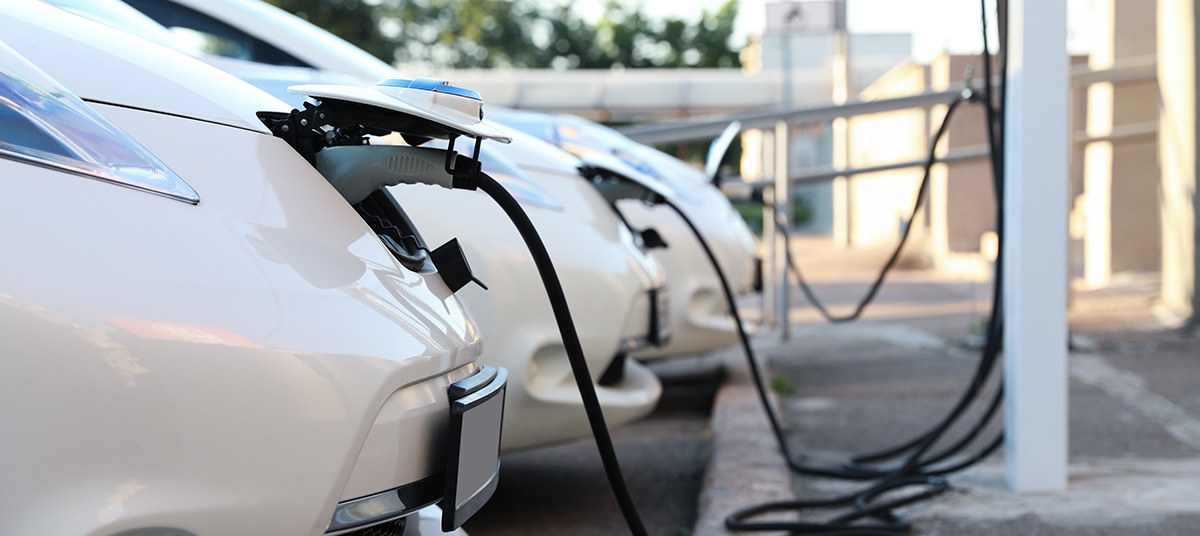
The non-bank has seen the government double its funding to the program that offers broker clients discounts on green asset finance loans.
Auto and equipment finance lender, Metro Finance, has received an additional $50 million funding commitment from the government-owned ‘green’ bank to support its MetroEco green lending program.
This new funding brings the total investment from the Clean Energy Finance Corporation (CEFC) to $100 million and comes in response to strong consumer demand.
Metro Finance first launched MetroEco in July 2024, with an initial $50 million investment from the CEFC.
This funding enables Metro Finance to offer borrowers interest discounts on loans for eligible electric vehicles (EVs), energy-efficient equipment, and battery technology.
As of December 2024, the program had been used to facilitate the purchase of more than 4,000 EVs, across 26 different brands.
The CEFC finance is also now available to fund the acquisition of electric trucks and forklifts.
MetroEco business development manager, Jessica Clarke, said many borrowers had benefited from the program so far.
“MetroEco is quite a unique product in the Australian market and is designed to support the uptake of sustainable assets which includes EVs, solar panels and batteries, farming equipment and even forklifts,” Clarke said.
“Aside from providing an entry point to the latest technologies, consumers also benefit from reduced rates and flexible terms within the MetroEco product.
“We recommend customers talk to our trusted network of brokers about Metro’s finance options to create a tailored solution to support their own sustainability journey.”
The announcement of the new funding follows the launch of the federal government’s New Vehicle Efficiency Standard, which came into effect on 1 January 2025.
This new standard incentivises car companies to supply new vehicles that use less fuel per kilometre and applies to all new vehicles launched in the Australian market.
The federal Minister for Climate Change and Energy, Chris Bowen, said the CEFC investment and the launch of the new standard were part of the Albanese government’s strategy to deliver vehicles that are more energy-efficient.
“Australian motorists deserve more choices of cleaner, cheaper-to-run cars and that’s exactly what the Albanese Government is delivering,” Bowen said.
“Through the New Vehicle Efficiency Standard and our latest CEFC investment with Metro Finance, we are putting the power back in the hands of small business and helping to ease cost-of-living pressures.
“Clean technologies like EVs, solar, batteries and electric machinery are a great way for businesses to save on energy bills and decarbonise.”
EVs in high demand
EVs have been flying out of showroom doors recently, with data from the Electric Vehicle Council (EVC) showing new EV sales reached a record high in 2024.
Nearly one in 10 new cars sold last year were EVs (9.65 per cent), according to the EVC, up from a market share of 8.45 per cent reported in 2023.
These sales comprised 114,000 new battery electric vehicles (EVC) and plug-in hybrid electric vehicles (PHEV), up from the previous record of more than 98,000 sales in 2023.
EVC head of policy, legal, and advocacy, Aman Gaur, said the figures underscored the growing demand for “cleaner, more affordable driving”.
“Last year’s steady increase in EV sales and market share builds on a bumper 2023,” he said.
“The 2024 electric vehicle sales results are encouraging, especially in a year when Australians were smashed by high interest rates and the high cost of living.
“It was also a year in which some states prematurely withdrew crucial incentives that would have boosted adoption further.”
[Related: New EV sales roar to record high as car financing accelerates]

